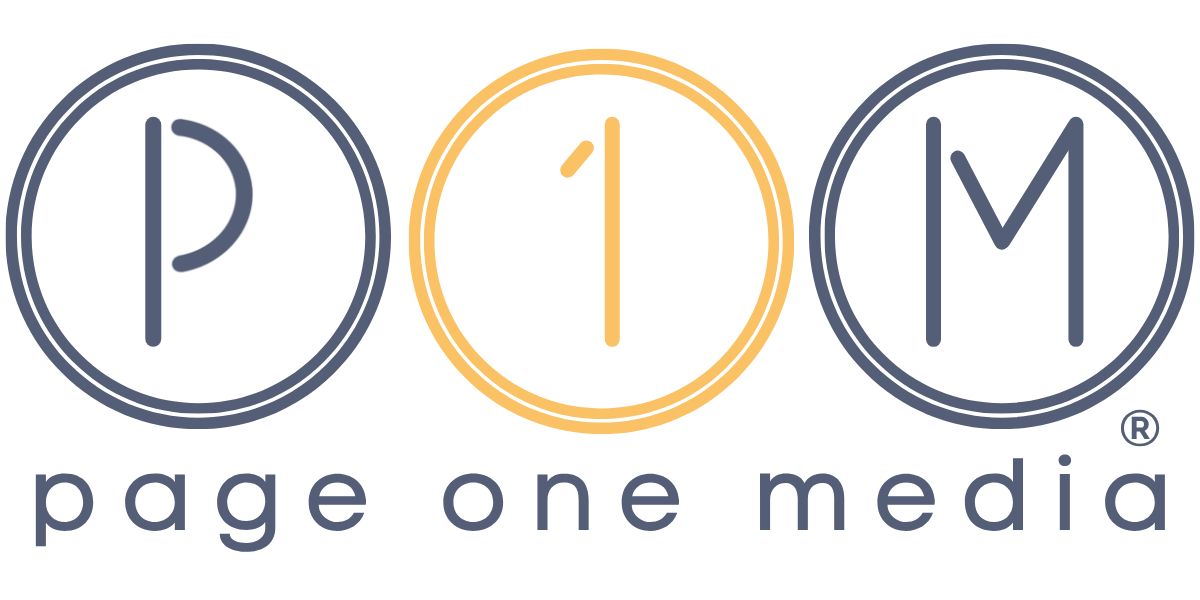
13 Aug Creating Effective Author How-to Guides
I’m going to start this post about creating effective author how-to guides with a poll. So tell me:
Actually, all of these are major drains on your team’s time but the one that is easily fixable without investing any money is “B.) Author education and redirection.” Both authors and publishers want a book to launch into the world successfully and to sell lots of copies. However, in many cases, that is where their common goals and priorities end.
Authors have lots of reasons for writing a book but almost all of them want that book to raise their profile in their own sphere and also in the wider world. For authors who might be reading this, to be blunt, that isn’t your publisher’s job.
Publishers, publicists, and marketers have one primary objective and that is to sell books. If they can best do that by leveraging and helping to increase your personal brand they may create a strategy around that but chances are they will want to focus on the core tactics that sell books. What are those, you ask? I’ll do another post on that at greater length, but quickly: book reviews, pre-reviews in trade magazines, major interviews, awards, thorough and accurate metadata, a superb jacket, excellent marketing copy, making sure sales has everything they need to get the book into stores, merchandizing to help sell the book through the stores, and finding key markets of readers.
But we’re getting off topic now…
Let’s get back to saving time and creating author how-to guides.
There are a few author how-to guides I think are critical in helping to stem the cascade of questions that publicists and marketers, as well as editorial assistants, tend to receive. What are those questions?
- Who are you sending my book to? And its sister, the unpleasant order of: Send me a list of the media you have sent my book to.*
- Why isn’t X, Y, or Z on my Amazon page yet?
- Are you sending me on a book tour?
- Why aren’t you sending me on a book tour?
- I’ll pay for my own travel; now will you send me on a book tour?
- (The answer to these three is very likely no—I’ll write a post on why at some point soon)
- Where will you be advertising my book?
- How can I help?? (maybe not in those exact words, but the meaning is the same)
- If publicists and marketers can’t effectively answer that question with three proactive action points for the author, making some how-to guides will really help them think through how to better engage with authors. Give authors concrete work to do, that they are capable of doing and that is tailored for them, can help immensely.
Boy, this is a long setup!
A few, succinct author how-to guides that will save your team time and make them more effective because they will have guiding principles for when they engage with authors. The key how-tos I think all publishers should have are:
- For first time authors: “Welcome to publishing”
- It is best if this is mildly adaptable for each author and the in-house employee(s) using them, especially if you are a big publisher with lots of potential point people doing different things.
- For previously published authors it is still nice to have an “Introduction” document that lets them know who does what for this book.
- “Working with your publicist” or “Publicity best practice” (if you don’t have a publicist for the book). This one can include info about author tours or lack thereof.
- “Social media best practice”
- “Events and bookselling best practice”
- “What is marketing?”
The guides will be different for every publisher but their result is the same: your team will answer fewer questions and waste less time, your authors will feel like they know what’s going on and who to ask when they do have relevant questions, authors will have proactive work to do that you, as the publisher, feel can really help, and less frustration means happier authors and employees.
Some ideas for making great author how-to guides
- They really need to be succinct:
- By succinct, I mean: no more than two letter or A4 size pages.
- Social media best practice should be an overview not a step by step how-to manual for specific platforms.
- Social media best practice could include tips such as the best times to post on specific platforms (an infographic is nice for this).
- Step by step guides on how to use Twitter or setup a Goodreads profile might better be done by gathering any authors a season or two out and giving them a 1-hour Skype tutorial lead by your social media team leader.
- A “Welcome to publishing” type how-to for first time authors should introduce the different roles and what those individuals do (and don’t do). Read more here about why this is so vital in saving significant amounts of time for publishing staff.
- Authors have so many questions about events and bookselling and engaging with booksellers. This is such a high-touch area that advice is vital. Our booksellers add so much value and they are incredibly busy, give authors your best pointers on how to engage with their local bookshops, stores they may visit while traveling, and especially advice on how to (and how not to) work with a store to set up an event.
How are you handing author how-tos?
I could go on and on, but this post is getting way too long already (thanks for reading to the end!). I have many thoughts on how-to guides and if you’d like to talk more about them get in touch. I’d love to hear from you about the ways you use author how-tos or if you’re an author feel free to share the publishers you work with that are doing this really well in the comments.
*A note to authors if you’re reading this post: Many authors know this intuitively or have been around this rodeo once or twice before, but I will say it here and I’m sure if you come back to read more on this blog you will hear it again. The people working at your publisher and working on your book do not work for you. The lists they build, the work they do, is owned by the publisher and may be considered proprietary, they do not have to share it with you. They may offer you this information or they may share it if you request it but they do not have to do so and there are very good reasons why they may not share this information. So you can ask, but don’t always expect the answer to be yes.

